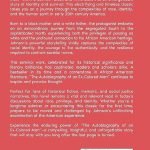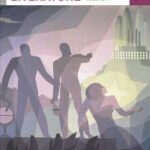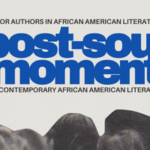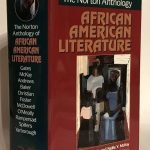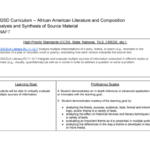A Definition of African American Literature
In the realm of literary studies, defining African American literature can be a daunting task. The genre has evolved significantly over time, shaped by historical events, cultural movements, and individual experiences. In this review, we will delve into the complexities of African American literature, exploring its significance, themes, and notable authors.
Overview
African American literature is a rich and diverse body of work that encompasses a wide range of genres, styles, and themes. From the early works of Frederick Douglass to the contemporary writings of Toni Morrison, African American literature has played a vital role in shaping the literary landscape.
- Early influences: The experiences of enslaved Africans, the abolitionist movement, and the Reconstruction era all had a significant impact on the development of African American literature.
- Harlem Renaissance: This cultural movement in the 1920s and 1930s saw a surge in creative output from African American writers, poets, and artists.
- Civil Rights Movement: The struggle for racial equality and social justice during the Civil Rights era further solidified the importance of African American literature as a means of storytelling and activism.
African American literature is characterized by its unique blend of cultural heritage, historical context, and individual expression. It has been influenced by various literary traditions, including African diasporic cultures, European realism, and American modernism.
Seminal Works
African American literature boasts an impressive array of seminal works that have had a lasting impact on the genre. Some notable authors include:
- Frederick Douglass: The former slave and abolitionist wrote powerful autobiographies that exposed the harsh realities of slavery.
- Toni Morrison: A Nobel laureate and Pulitzer Prize winner, Morrison’s novels explored themes of slavery, racism, and identity.
- Zora Neale Hurston: This influential author was known for her unique blend of African American culture, folklore, and literary innovation.
African American literature is not only a testament to the creativity and resilience of its authors but also a powerful tool for social commentary and activism. As we continue to navigate the complexities of race, identity, and inequality, this genre remains an essential part of our cultural heritage.
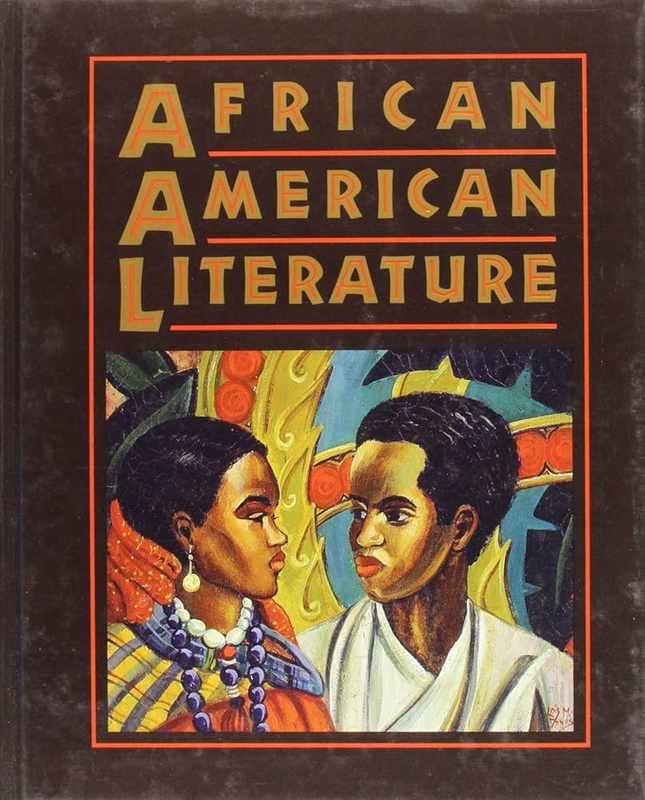
A Definition of African American Literature
In the realm of literary studies, defining African American literature can be a daunting task. The genre has evolved significantly over time, shaped by historical events, cultural movements, and individual experiences. In this review, we will delve into the complexities of African American literature, exploring its significance, themes, and notable authors.
Overview
African American literature is a rich and diverse body of work that encompasses a wide range of genres, styles, and themes. From the early works of Frederick Douglass to the contemporary writings of Toni Morrison, African American literature has played a vital role in shaping the literary landscape.
- Early influences: The experiences of enslaved Africans, the abolitionist movement, and the Reconstruction era all had a significant impact on the development of African American literature.
- Harlem Renaissance: This cultural movement in the 1920s and 1930s saw a surge in creative output from African American writers, poets, and artists.
- Civil Rights Movement: The struggle for racial equality and social justice during the Civil Rights era further solidified the importance of African American literature as a means of storytelling and activism.
African American literature is characterized by its unique blend of cultural heritage, historical context, and individual expression. It has been influenced by various literary traditions, including African diasporic cultures, European realism, and American modernism.
Seminal Works
African American literature boasts an impressive array of seminal works that have had a lasting impact on the genre. Some notable authors include:
- Frederick Douglass: The former slave and abolitionist wrote powerful autobiographies that exposed the harsh realities of slavery.
- Toni Morrison: A Nobel laureate and Pulitzer Prize winner, Morrison’s novels explored themes of slavery, racism, and identity.
- Zora Neale Hurston: This influential author was known for her unique blend of African American culture, folklore, and literary innovation.
African American literature is not only a testament to the creativity and resilience of its authors but also a powerful tool for social commentary and activism. As we continue to navigate the complexities of race, identity, and inequality, this genre remains an essential part of our cultural heritage.
African American Literature: A Testament to Creativity and Resilience
In my opinion, African American literature is a treasure trove of stories that not only showcase the creativity and resilience of its authors but also serve as powerful tools for social commentary and activism. The genre’s unique blend of cultural heritage, historical context, and individual expression makes it an essential part of our literary landscape.

The Norton Anthology of African American Literature (Third Edition) (Vol. Vol 1 + Vol 2)
Check PriceHuancayo single handle water fall bathroom sink faucet: Elevate your bathroom experience with the sleek and modern design of this Huancayo single-handle waterfall faucet. Perfect for those who appreciate style and functionality.
Yi action camera 2: Capture life’s most thrilling moments with the Yi Action Camera 2, featuring stunning 4K video quality, waterproof design, and a wide-angle lens. Whether you’re an adventure-seeker or a vlogging enthusiast, this camera has got you covered.




